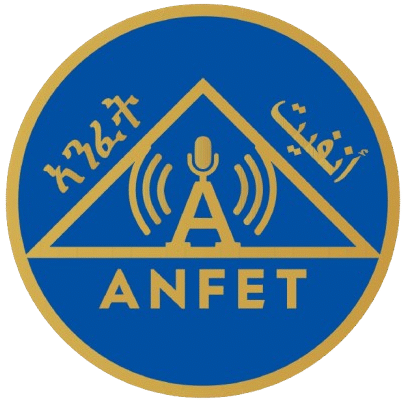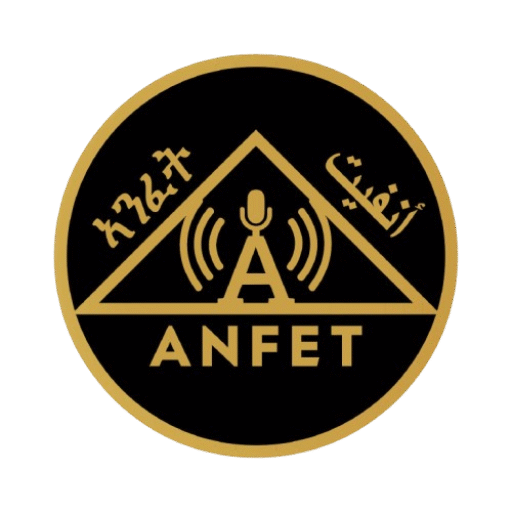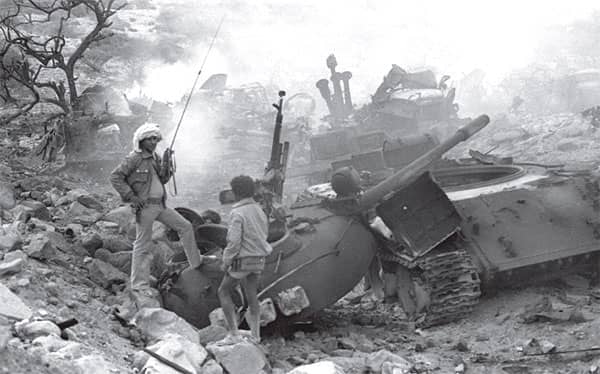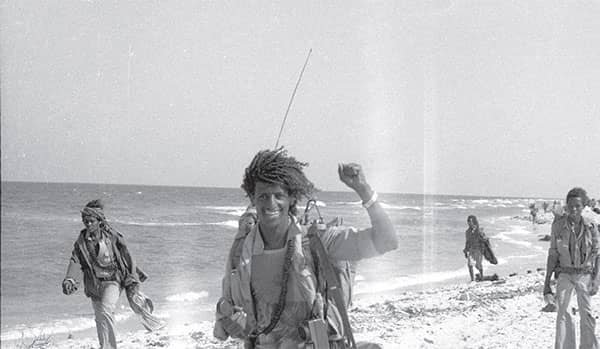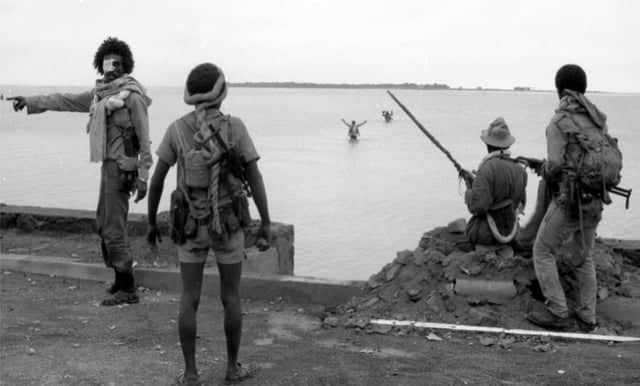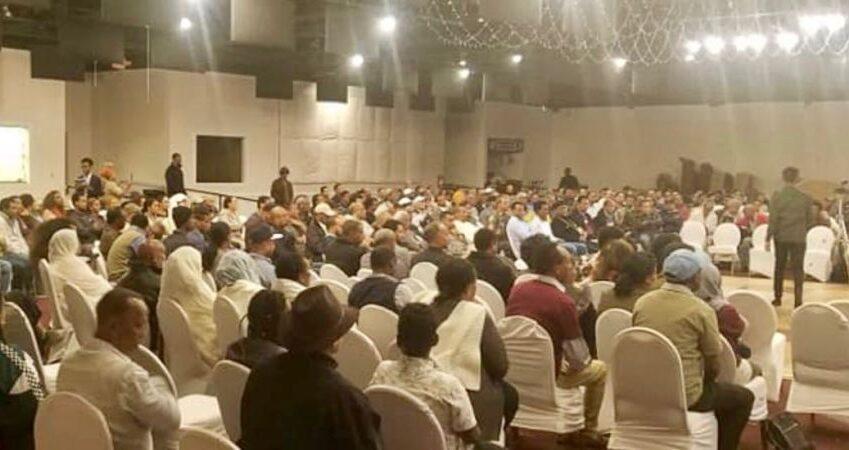
ANFET EDITORIAL MAY 4, 2025
As outlined in last week’s editorial, the prolonged inactivity of Eritrean political organizations has resulted in stagnation, creating a leadership vacuum that has increasingly been addressed through, seminar, international conferences, and similar initiatives. While media entities have stepped into this void, the absence of robust political institutions has left the youth searching for direction and leadership. The participation of political organization members in these civic institutions—through leadership roles and financial contributions—has further complicated the dynamics of efforts crucial to forging a broad-spectrum political platform.
Adding to this dynamic is the emergence of international conferences, such as the recent gathering in Washington, DC, conducted by Eritrean professionals and friends of the Eritrean opposition. While these efforts aim to foster solidarity and advocate for change, they are often perceived as another form of takeover, further complicating the landscape. The segregated platforms of political organizations, Eritrean media entities, and honorary allies in solidarity with the cause have created a fragmented opposition. This fragmentation undermines the structures needed to effectively challenge the authoritarian system in Eritrea.
The alienation among these groups has rendered them ineffective, as they increasingly become onlookers at each other’s efforts rather than collaborators. This scenario represents a critical weakness that must be promptly identified and rectified. Without a unified strategy and mutual trust, the opposition risks further stagnation, leaving Eritreans without a clear path toward reform and accountability.
The involvement of solidarity groups and honorary allies has not been without controversy. Some critics argue that their support dilutes the independence of Eritrean efforts or shifts the focus away from grassroots movements. These perspectives, while valid, often fail to consider the unique contributions these groups offer—such as access to international advocacy platforms and resources.
Not all criticism is constructive. While some critiques of solidarity members are valid, others unfairly generalize or stem from entrenched biases and misconceptions about their intentions. For instance, certain external allies may face credibility issues due to their unfamiliarity with local contexts or inconsistent engagement. However, dismissing all external allies undermines the valuable contributions of individuals who have demonstrated long-standing commitment and meaningful support for the Eritrean cause. Striking this balance is crucial to fostering collaboration and maintaining trust among diverse contributors.
To navigate these tensions, fostering constructive dialogue is essential to address valid concerns while valuing the contributions of solidarity members. By promoting mutual understanding and respect, stakeholders can bridge divides and work collaboratively toward the shared objective of dismantling authoritarianism and building a constitutional democratic system in Eritrea. This inclusive approach ensures unity and sustained focus on shaping a just and progressive political and social future for the nation.
